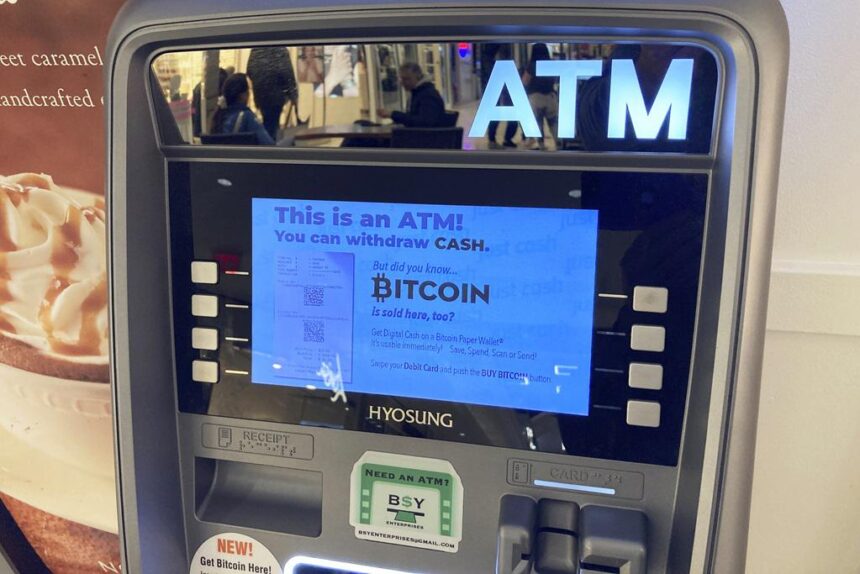One of the largest operators of Bitcoin automated teller machines (BTMs) in the United States, Athena Bitcoin, is facing a lawsuit filed by Washington, D.C. Attorney General Brian Schwalb. This legal action follows an extensive investigation into the company’s practices, which are alleged to facilitate widespread international fraud. The lawsuit claims that a staggering 93 percent of all deposits made through Athena’s BTMs in Washington, D.C., are associated with scams. Furthermore, nearly half of these transactions were flagged as fraudulent, raising serious concerns about Athena’s operations and oversight.
In his statement, Attorney General Schwalb emphasized that Athena’s machines have become tools for criminals, particularly targeting vulnerable populations like the elderly. He accused the company of knowingly allowing its machines to be misused while profiting from hidden fees without refunding victims who have lost significant amounts of money. In response, Athena Bitcoin has vehemently denied these allegations and asserted that it will defend itself in court, although it did not elaborate on its arguments when contacted for further comments.
The mechanics of BTMs convert cash into cryptocurrency, allowing for transfers into digital wallets. The number of these machines has surged in the U.S.; the country accounted for over 80 percent of global BTMs as of late 2024. However, they have also drawn criticism for becoming a prime avenue for scams, particularly affecting lower-income neighborhoods where these kiosks are often installed. Reports indicate that fraud losses linked to BTMs skyrocketed from $11 million in 2020 to over $110 million by 2023, with individuals aged 60 and older suffering the most significant losses.
Earlier in 2024, a class-action lawsuit was filed against Athena in New Jersey, not only targeting the company but also its CEO and franchise owners operating the machines. Legal experts stress that BTMs inherently attract fraud because they allow victims to transfer money directly to scammers’ wallets with minimal traceability. The anonymity and immediateness of these transactions complicate recovery efforts.
As key consumer protections appear to weaken, impersonation scams have proliferated. These scams often involve fraudsters posing as trusted entities to coerce victims into quick financial transactions through BTMs, maintaining communication and emphasizing urgency to bypass the victims’ judgment.
The controversy surrounding BTMs highlights a disparity in regulatory oversight across states. For example, New York imposes strict licensing requirements for BTM operators, while Montana has no such regulations. Several states have introduced consumer protection laws to mitigate fraud, yet the absence of standardized federal regulations has left significant gaps in oversight. The Financial Crimes Enforcement Network (FinCEN) requires BTM operators to register as money service businesses, but real consumer protection largely varies by state.
Alongside these challenges, AARP has begun advocating for legislation to better regulate BTMs and prevent fraud, especially given their potential harm to the financially vulnerable. As various states step up enforcement and awareness efforts, the regulatory environment for BTMs faces increasing scrutiny and calls for reform, aiming to introduce measures that safeguard consumers against the rising tide of cryptocurrency-related fraud.






